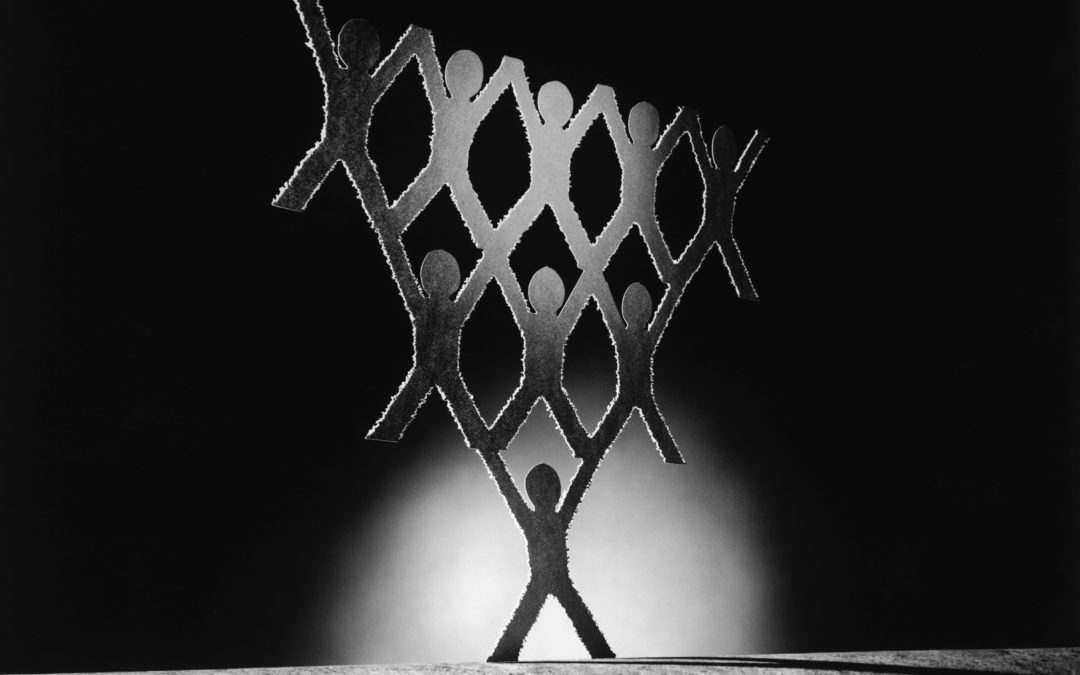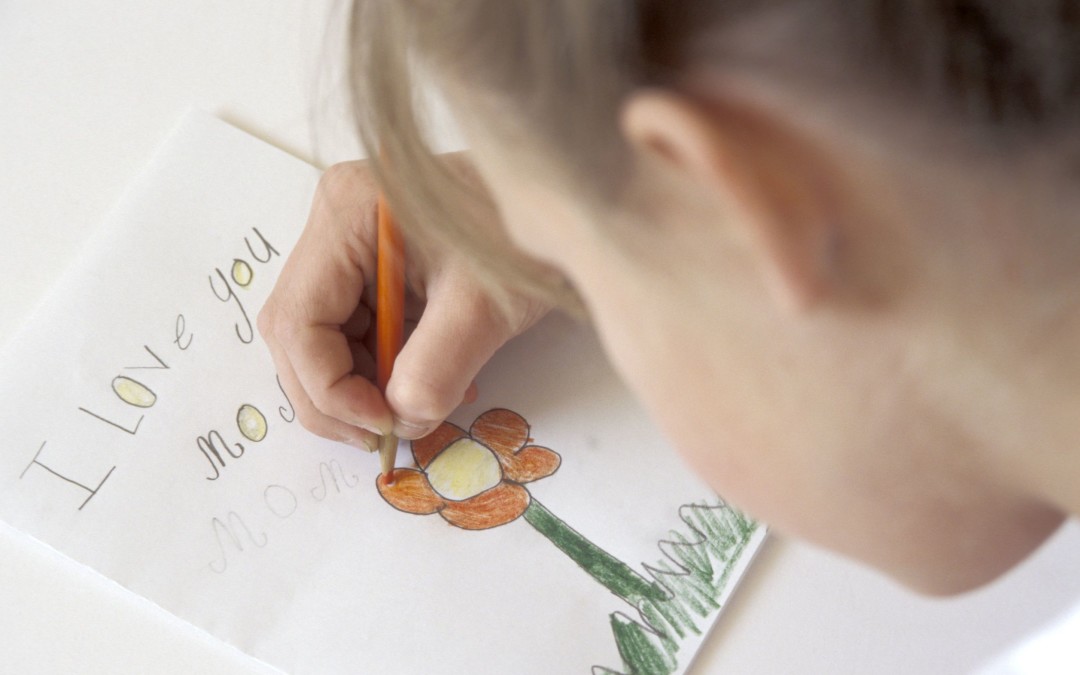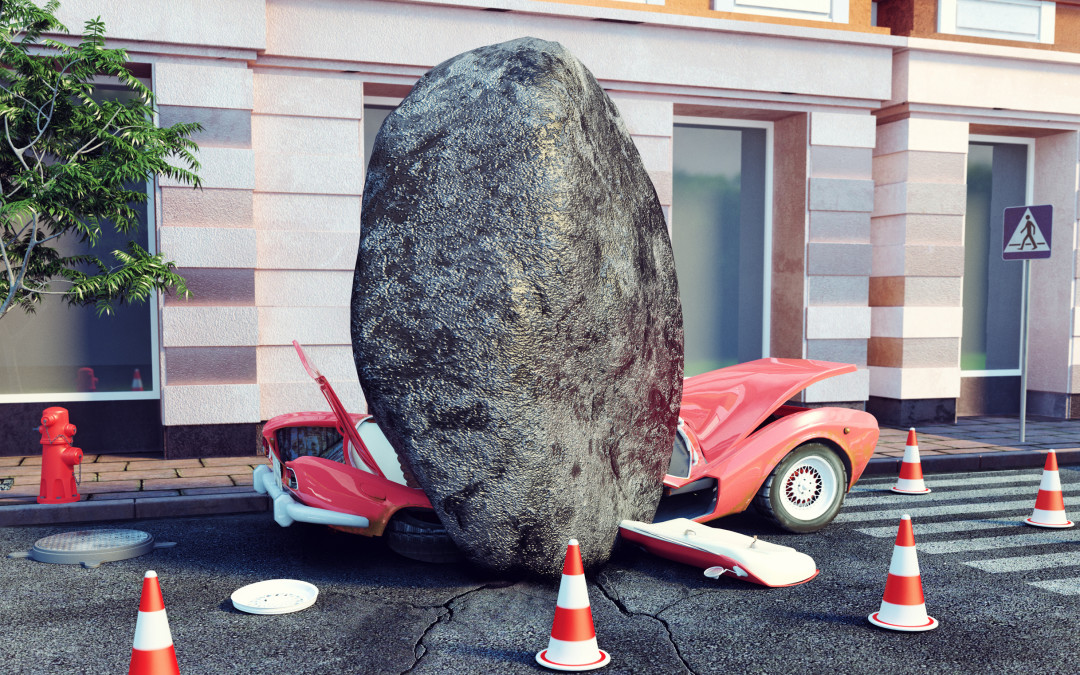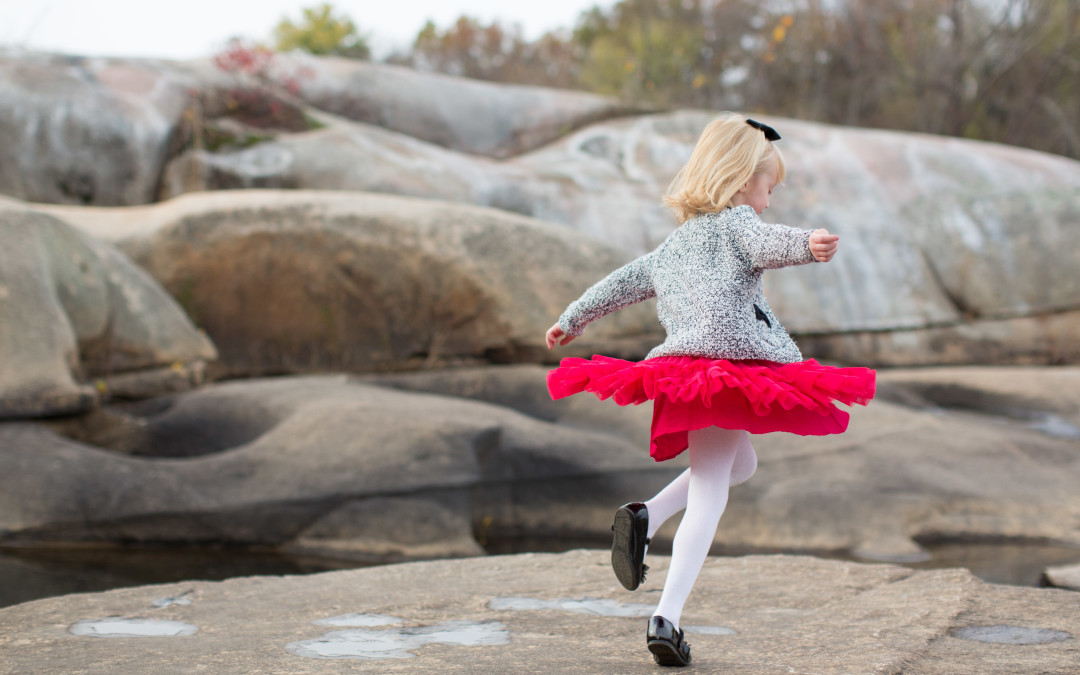
“Jacked Up”
I have mentioned before that I am not in charge of this journey. There is something comforting and completely terrifying about that. In reality, my ego self (adult self) could never be in charge of this journey. I would not know how to do it or where to start. While I practice awareness and have become conscious of many aspects of my being, I will never have access to everything while in this body. That much I understand.
Of course, that doesn’t mean I don’t try to run the show sometimes. My higher self, who is in charge, has a habit of running things at a slower pace than I would like. At the same time, there are times when I am stuck because of my own denial and strong defenses. It is in those moments, I get hit upside the head with a massive trigger to wake me back up. It is fair to say that my higher self and I have a love-hate relationship. She loves me. And I hate that I am not in charge.
But there is nothing like an energetic shift to make me realize how little I know. I don’t usually talk about the energetic side of this work. I am not sure why because it is a constant focus for me. Maybe I think people will write me off as “airy fairy” as Eckhart Tolle puts it. But this journey is not just happening in the mind and body. It is happening on other levels as well. And it can be incredibly helpful to recognize that, even if we can’t make sense of it.
Over the past 10 years, I have experienced two major energetic shifts. While meditating, they feel like my body is dropping while I am completely still. It is a manifestation of a complete physical letting go. It is a weird feeling, but I know I am completely supported as it happens. Honestly, it is one of the only times I feel completely supported. The first energetic shift happened in April of 2011. The second shift happened Friday night. I believe this happens when the higher self has decided to bring you to a new energetic level while your body and mind are still somewhat living in the old. I refer to the aftermath of this experience using the scientific term, “jacked up”. I remember the chaos that followed the first one, although to be honest, we tend to forget the intensity over time. So this time, I decided to share it with you as it is happening. read more…

6 Steps to Overcoming Invalidation
I haven’t met a survivor who hasn’t been invalidated as they have journeyed through their recovery process. When we hear invalidating statements, it hits us hard. But there is a way to make it less painful. Believe it or not, invalidation is a process. It isn’t a fluke. It isn’t random. It is specifically arranged by the universe to wake us up. And I am going to explain how you can do that in the least painful way.
Step 1: We must have the initial pain of invalidation after a childhood experience. This invalidation may come with malicious intent. For example, if we experienced sexual abuse and try to tell an enabler parent, we may be faced with the famous accusation that we are making it up. Gaslighting is the most popular manipulation tactic used by enablers of sexual abuse. However, the invalidation may come in seemingly harmless statements from otherwise well-meaning people. In these cases, it is harder to unravel the impact on our psyches because it just didn’t seem so bad. For example, we might tell someone how we are going to rise above our circumstances one day, and we may be told to be realistic by someone who wants to keep us from being hurt by failure.
Step 2: We must internalize that invalidation as a means to keep our pain as unconscious as possible. Let’s be fair, this isn’t really a step. It is an automatic occurrence that happens as a child is invalidated, but it is critically important to our reaction to invalidation in adulthood.
Step 3: We grow up and decide we want more in life than the constant pain of squashing our unconscious emotions. We find tremendous courage and begin to get in touch with our inner child and our inner defender. Somewhere deep inside, we know there is more to life and we are going to find it. Go you!!
Step 4: Someone condescendingly informs us of how stupid that is. We may even start to believe them. read more…

“My Husband is Angry and He Won’t Get Help”
What can I do about it?
My work with clients often comes in themes. Most of the time, I find that my clients’ inner work is a reflection of my own journey and we grow together. But lately, a new theme is emerging. And it is not something I am currently facing in my own life because I am single. Many people are coming to me with the same message. “My husband is angry and I can’t convince him that he needs help.”
Just because I am single doesn’t mean I haven’t lived with angry people. Until recently, I have lived with angry people my entire life. And because I lived with angry people, I know anger. I get anger. I lived most of my young life trying to suppress my own anger, only to have it come out as passive aggression and emotional explosions about small stuff. And unlike society in general, I have learned to embrace my anger. I have learned how to express my anger safely. And I have learned why we are scared of it. But I have also learned that the fear is not based in reality. It is suppression that creates the problem with anger. Safe expression is not the problem.
While society doesn’t love anger, men have been taught that anger is all they have (as long as they express it privately). Their vulnerable emotions have been shamed with phrases like “man-up” and “don’t be a pussy”, which is very traumatic for a child who just wants to express.. It tends to be passed down from one generation to the next by the men in families. That is not always the case, but I have noticed that mothers are much less likely to tell their sons to “man-up”. As a matter of a fact, mothers are often ridiculed for letting our sons be too soft. This is also a part of the problem.
But what can we do about it? Well, here’s the hard part. I am going to tell you what you don’t want to hear. You are mirroring his anger in the relationship. It may be happening on an energetic or unconscious level, but it is happening. Let’s face it. Women are angry. We are mad as hell. And we have never been allowed to express it because while anger is the only emotion allowed for men, it is the only emotion not allowed for women. So where is your anger? It is shoved down inside. You turned it on yourself. You may actually be angry at yourself for being angry. And what happens with all that anger? It might come out sideways like mine did. Or it might be making you physically ill like mine did. read more…

Own What Is Yours
I have been triggered today. While I don’t normally write blog posts from this place (unless they are written by parts), I feel I have an obligation to sound a wake up call when it comes to generational trauma. I feel a strong desire to write this despite knowing it is likely to offend some people.
Leading up to Mother’s Day, I focused many of my Facebook posts on how to cope with having an unloving mother. It can be a hard day for those of us who struggle in our relationship with our mothers or those of us who no longer have a relationship with our mothers. Without fail, I would wake up each morning to at least one comment or message from a mother who had been cut off by her daughter. The messages went something like this:
“I am in so much pain because I am no longer able to see my grandchildren. I don’t know why my daughter has chosen to cause me so much agony.”
To be fair, I don’t expect every Facebook commenter to know my story. They think of their experience as traumatic, and it certainly is. But if they read my story, they would know that they are barking up the wrong tree. I left my mother many years ago because I knew the safety of my children was at stake. She did not prioritize the safety of children over the needs of her husbands when I was a child, and I knew that had not changed. And I received that email from my mother too, written much the same way as the statements above. I caused her agony. I ruined her life. I took her grandchildren away from her.
So when I get comments like that, I automatically think of two questions. Why are you only in agony about your grandchildren and not your daughter? What happened to her as a child that made her choose to be alone over having a mother? read more…

Mother’s Day … Again
It’s almost Mother’s Day again. It comes every year without fail. I try not to play the “society says we celebrate this today” game, but it is hard when I grew up in an environment where conforming was a life or death situation. And even if I attempted to ignore it, I probably couldn’t. My kids are now old enough to remember these days on the calendar. That is great for a single mother on Mother’s Day. But that can be bad when I might otherwise want to pretend it is just another day.
I can get through Mother’s Day because I am a mother. I can do my best to focus my attention on what a great mother I am (most days). I can celebrate myself and all I do. And the kids are great for my ego too. No matter how many times I screw up, they still think I am pretty awesome (except when I make them eat vegetables and clean their room). I usually get some homemade cards or trinkets and that is just perfect for me.
But there is something in the background on this day. There is a dull hum saying “something isn’t quite right”. And that makes sense. I don’t spend Mother’s Day with my mother or my grandmother or any other woman in my family for that matter. I don’t go to the traditional overcrowded and overpriced brunch with 200 of my closest family members to celebrate all the mothers that are keeping the family name alive. It is just me and the kids, and a good friend I am blessed to have in my life.
While I logically know this is much better than the overcrowded, overpriced extended family extravaganza, I still feel that dull hum. And I know what it is. My inner child is still searching for the mother she always wanted. Don’t get me wrong. She isn’t searching for her biological mother … not exactly. She is searching for her biological mother transformed. She wants her to show up in her life as a different person. She wants a kind, patient, loving mother. In other words, she doesn’t want her biological mother. read more…

I’ll Be Happy When …
Happiness Is Not a Choice
There are more clichés about being happy than the hairs on my head. Most of them frustrate me. Some of them even trigger me. They may be well-intentioned, but the result of these “happiness” memes and quotes is to invalidate other emotions. And by now, you know my deep commitment to unconditional emotional expression. So when I read “happiness is a choice”, I typically end up screaming at the computer, “No. It’s not!”
Don’t get me wrong. It is possible to stop our thoughts from fueling our emotions. That is absolutely true. But when a feeling comes up in the body (and it comes first contrary to popular opinion), we have a choice. We can shove it back down and defend against it with a mask of happiness. Or we can allow it to flow through like it wants, like it needs, like our inner child needs. One choice denies healing. One choice allows for healing.
All that said, I am acutely aware of the self talk created by my feelings from my traumatic past. Realistically, every single person in first world societies has this same self talk, with or without severe trauma. It runs on a continuum. And since my trauma was severe, my self talk is louder and more obvious. You may have guessed what that self talk says. “I’ll be happy when …”
I’ll Be Happy When I Get a Break
And there is nothing that fuels this self talk more than parenting. I’ll be happy when the kids are sleeping. I’ll be happy when they stop waking up at 6 AM every weekend morning. I’ll be happy when they get out of this phase of life. I’ll be happy when they are grown and self-sufficient. As a single mother with no ex-husband to take the kids on weekends and no close family I would trust with my children, I am especially prone to these thoughts. And there is one thought I hear more than any other. I’ll be happy when I get a break. read more…

Mean is Cool
Hi there. It’s the inner defender here. In reality, I am one of the inner defenders. Some inner defenders don’t like me because my methods draw attention. But I have learned through the years that some things work and some things don’t. And honestly, hiding away or being super nice all the time does absolutely no good. People keep coming around because they can sense weakness. The best approach is to be mean. And here are my reasons why.
- Being mean gains respect from the mean people. I definitely know how to get nasty. I have learned from the best. And since Elisabeth would never allow this behavior, I just take over and handle it. Since I am uncensored, I can beat almost any bully at their own game. I can be louder and I can use more threatening language. And they respect me. When they respect me, they leave me alone. Even in the case of my abusers, if I was mean to someone they didn’t like, it would almost be a bonding moment. And let’s be real, being nice just gets us hurt. People don’t respect nice people. They see it as a sign of weakness. Nice people don’t get treated nicely. They get bullied. It just doesn’t work. That is why I have to shut down the younger inner children. They are too damned nice to everyone.
- Being mean distracts people from the blame game. When someone is coming at me because they think I have done something wrong, there is nothing better than a nasty, mean explosion to distract them. The nastier I sound, the more distracting it becomes. If they think I am crazy, great. They won’t come around me. So they won’t need to blame me for anything.
- Being mean gets the point across. I am used to being ignored. Elisabeth was never heard as a child. But when I yell, people have to listen. They have no choice. There is nothing like being shocked to get the attention of others.
- Being mean can keep people away. Let’s face it. People are awful. I don’t want them around most of the time. And if they give me the impression they are sticking around, it might just be time to get mean.
- Being mean helps maintain control. It worked for my abusers. They were always mean and in our family, they always had control. Honestly, when people are fearful, you can control them. That’s what my abusers did. And it worked. Keep them scared and you don’t have to worry about problems with them.
- Being mean avoids disappointment for the other parts. I can feel it every time those inner children start to get excited about a “new friend”. I always see where it is going. It is someone else to take advantage of us. Guaranteed it is going to end badly. It is best to nip it in the bud the first time there is any problem at all.

Groundhog Day
Groundhog Day is one of my favorite movies. I love it for a few reasons.
- Bill Murray is a genius. Don’t argue this point with me. I won’t be nice about it.
- I love the idea of living life like there is no tomorrow. While in several parts of this movie, he wasn’t authentic to impress the girl, he also uses this opportunity to do whatever he wants with no concern for what people will think of him. I think it would be awesome to be real with no concern for the repercussions, even for one day. And to be honest, on those cringe-worthy days when my parts take over, it would be nice if everyone else forgot about it (just like me).
- Most importantly, this movie is familiar. Before I found recovery, I didn’t get the sense that anything was different from one day to the next. It was the same thing over and over again. And nothing I did seemed to change that.
But maybe, I didn’t want it to. For so many years, I was balancing the desperate need to live a fulfilling life with the desperate need to stay completely safe. My inner child wanted to do amazing things, but my inner defender never wanted to stray from the norm. It felt like I was trapped inside a life that wasn’t mine, but I couldn’t see a way out. There were too many things stopping me. And they were all on the inside. read more…

Bad Things Happen
The Self Blame
Last night, I was hit by a car in my dreams. While many dreams can be symbolic, this had been a reality in my life. I was hit by a car while running on a road when I was in 14 years old. Of course, the jerk driving the car tried to make it my fault for being there in the first place. Sound familiar? My inner defender proceeded to take over and rip him to shreds. (I’m a little proud of that one.)
But in the dream, my inner parts began to express their theories about why I was hit by a car. They decided I must have been going somewhere I should not have been going. They concluded I must have been going somewhere with someone I should not have been with. They were very clear I was at fault for the accident and it was their job to determine why. Of course, the main reason for this evaluation was to ensure we didn’t do that particular thing again.
In the dream, they looked like separate people (this happens in dreams) who were blaming me for the accident. But instead of shrinking under the weight of the accusations, I stood up and explained why that wasn’t how it worked. I told them that bad things happen sometimes. They don’t happen because the person is bad. It is a part of life. Life has both bad and good. Nobody escapes the bad. Although some do seem to get an extra helping of the bad, we are not worse than others. read more…

Wide Open
I have always loved to travel. There are a million reasons for that. The most obvious is escapism. I have been aware of my desire for escape for quite some time. Traveling gives me a feeling of being safe. Nobody knows me. My abusers are far away. My daily routine headaches are far away. It is a completely new existence.
I have traveled with abusers before. I lived in other countries with my mother and stepfather. But I had left my father far behind in the U.S. And that was a huge relief. I felt so much safer. There were no weekends or Wednesday evenings of pure hell. And in all honestly, my mother and stepfather were wimps. Since I was a teenager at that point, I could stand up to them. And I did. So this probably reinforced my love of travel.
And there were some trips in my late teens and twenties that were certainly revealing. With the constant need for safety and security on hold, I became someone I rarely was … me. And I have to admit, or maybe you guessed, the real me is a bit wide open. I don’t hold back much. If there was a room filled with a thousand people, my goal was to meet most of them.
I used to attend international conferences for a volunteer organization. A typical day would consist of breakfast with some Texans and Japanese delegates (an interesting combination), lunch with some Brazilians, dinner with some Estonians, a party where I danced with a large contingent of South Americans (love the Salsa), followed by a late night coffee shop talk about politics with some folks from Lebanon. That was my kind of day. I rarely slept at these conferences, and I was rarely tired. There were too many people to meet. There were too many cultures to explore. There were too many opportunities to learn, talk, connect, have fun, and I rarely missed any of it. I actually feel more energized writing these words. read more…

